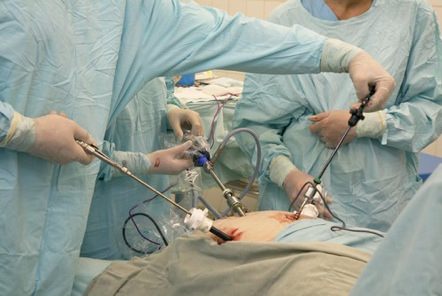 This study was accepted on the 8th of February 2013 and was published in Diabetes Care on the 25th of March 2013.
This study was accepted on the 8th of February 2013 and was published in Diabetes Care on the 25th of March 2013.
It shows that patients who follow the same strict diet as those who undergo gastric bypass surgery are likely to see a reduction in glucose levels.
The question is whether the reduction of glucose levels is due to the surgery or to the modified diet.
Dr. Lidiko Lingvay the assistant professor, the first author of the research said:
For years, the question has been whether it is the bariatric surgery or a change in diet that causes the diabetes to improve so rapidly after surgery. We found that the reduction of patients’ caloric intake following bariatric surgery is what leads to the major improvements in diabetes, not the surgery itself.”
The study involved 10 patients whose results were followed and documented on two separate occasions.
In the first instance the patients were treated with a diet that patients who undergo gastric bypass surgery would be expected to consume. The researches measured the blood glucose levels to determine the impact of the diet.
After a period of many months the subjects underwent gastric banding surgery after which they followed the same diet. The researchers once again observed the blood glucose levels.
During both of these periods the subjects consumed no more than 2000 calories per 24 hour period. This is the recommended diet for patients undergoing this type of surgery.
The results showed that during the diet only period, fasting blood glucose levels reduced on average 21% and after combining the surgery with diet levels decreased 12%.
After what is considered a standard meal the subjects overall blood glucose levels when treated with diet alone reduced 15% on average, and after only 18% when diet was combined with surgery.
This indicates that the strict diet given to patients after gastric banding surgery is responsible for the quick diabetes reversal which usually occurs just days after the surgery.
Previous research has shown that has shown that 67% of gastric banding surgery patients were in complete remission for their type 2 diabetes at the 12 month followup.
Dr Lingvay explained:
“Unfortunately, such a restrictive diet is nearly impossible to adhere to long-term in the absence of bariatric surgery. We found that the success of bariatric surgery is mediated through its ability to control food intake, which in turn has a beneficial effect on diabetes.”
Follow this link to to read the abstract of the research published in Diabetes Care.





